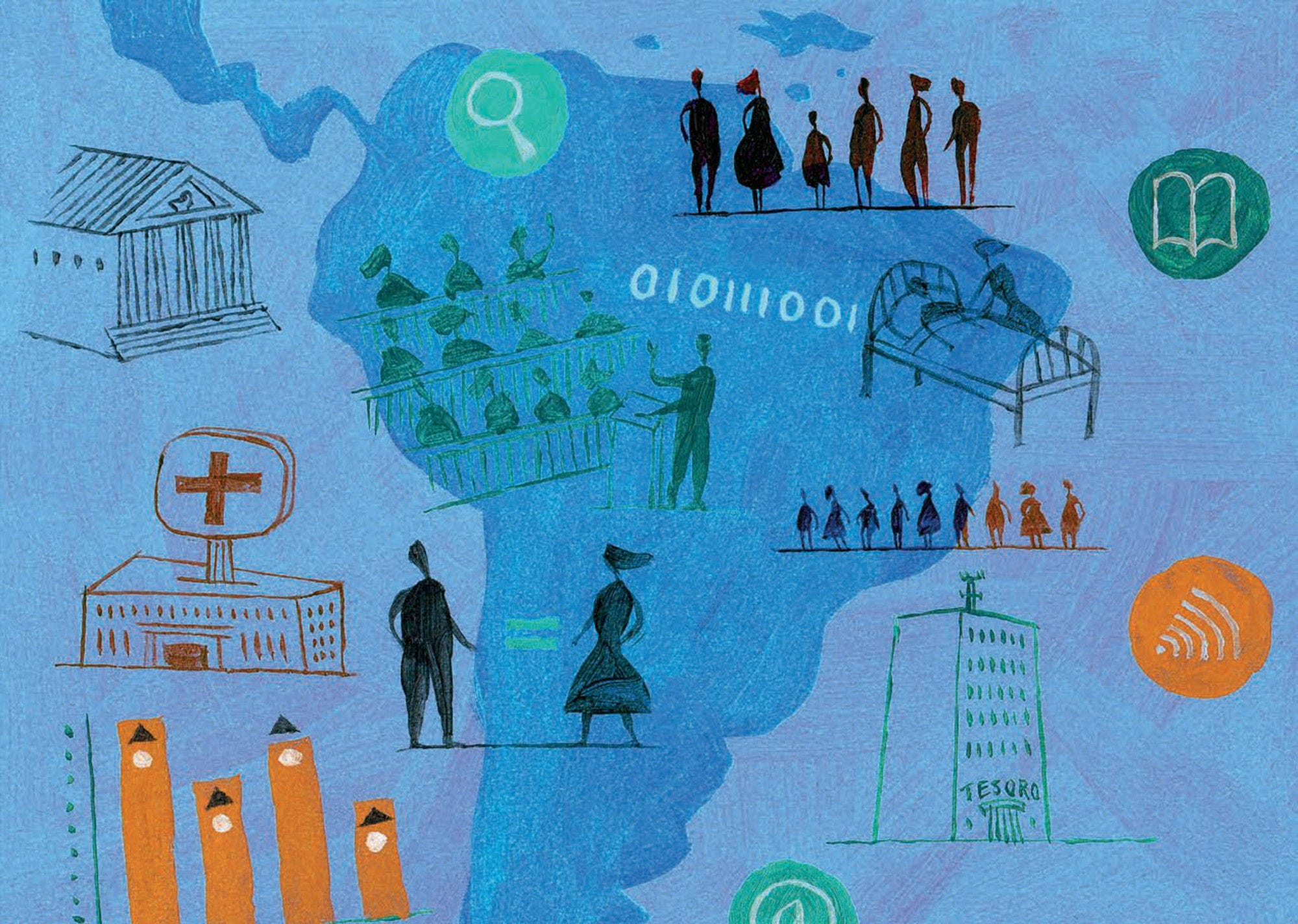Health care providers, schools at different education levels and courts deliver services to citizens, and as such, they are among institutions that shape citizens’ perception about and experience with public services. Satisfaction with services is considered an outcome of government activity influenced by how governments produce and deliver services. However, beyond satisfaction metrics until today there is no internationally standardised method for conducting household surveys on key attributes (e.g. access, responsiveness, quality) shaping satisfaction with services (OECD 2017a). Satisfaction with services could also influence and people’s willingness to pay taxes (OECD 2019)
The Gallup World Poll (GWP) regularly collects data on citizens’ satisfaction with public services, including health, education and confidence in the justice systems and the courts. Many factors can influence responses to opinion polls, such as recent experience with services, opinions and experiences of acquaintances, the media or respondent fatigue and response styles. Furthermore, in the particular case of LAC countries, affluent segments, of the population often opt out from public services (i.e. health and education) and choose private providers, a feature not explicitly referred to in surveys. Nonetheless, the dataset allows for comparison of citizen perceptions over time and across countries.
In LAC, on average, satisfaction with health care and education has decreased since 2007. In 2018, 49% of citizens reported being satisfied with the quality of health care in the area where they lived, down from 55% in 2007. Regarding education, in 2018, 63% reported being satisfied with the education system and the schools, compared to 65% in 2007. Satisfaction with health care is significantly lower in LAC than in the OECD (70% in 2018), and slightly below the OECD average of 66% in the education sector, a figure that however in the case of the OECD remained stable since 2007.
There are large variations among LAC countries in terms of satisfaction with public services. While in Costa Rica and Uruguay, in 2018, 67% of the citizens reported being satisfied with health care, only 24% did so in Haiti and 26% in Venezuela. The latter suffered the largest decline, 46 p.p. since 2007, thus moving from being one of the top countries in terms of satisfaction to becoming the second-to-last. Additionally, Jamaica saw a decline of 15 p.p., and Bolivia and Colombia of 13 p.p. each on satisfaction with health care. Nicaragua and Paraguay had the largest increases since 2007 among LAC countries (8 p.p. each).
Costa Rica has the largest proportion of citizens are satisfied with education (79%), followed by Dominican Republic (78%). Similarly, Haiti and Venezuela have the smallest proportion of citizens are satisfied with schools and the education system (39% and 41% respectively). Venezuela the largest decline since 2007, when 82% of citizens were satisfied with education. Uruguay also saw a decline of 12 p.p. in the proportion of the population who were satisfied with education since 2007. By contrast, Argentina, Guatemala and Peru saw increases of 9 p.p.
Confidence in the judiciary in LAC is lower than satisfaction with health and education. On average, 34% of interviewees reported having confidence in the judiciary in 2018. Contrary to the other two services, there was an increase of 3 p.p. since 2007. By comparison, in 2018, 56% of citizens in OECD countries had confidence in the judiciary, on average in the OECD. Confidence in the judiciary is highest in Guatemala (54% in 2018) and Costa Rica (50%), and lowest in Peru (19%) and Bolivia (21%).



